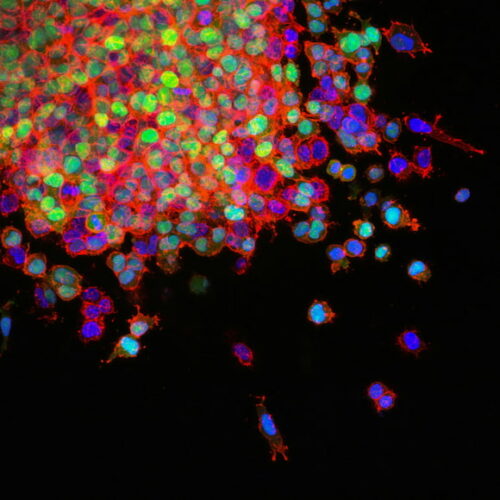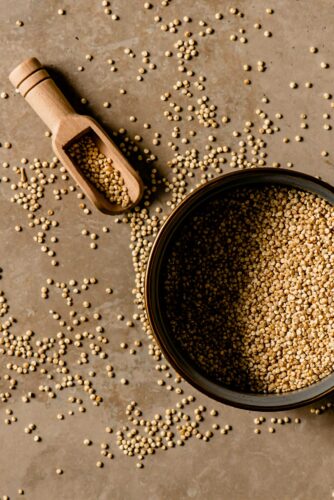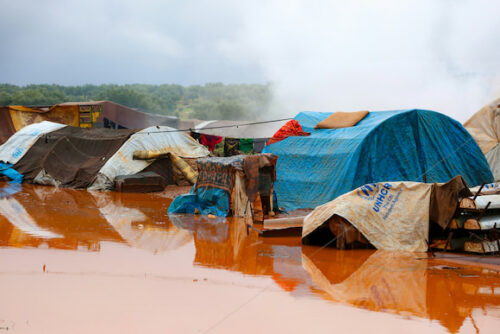
Noncommunicable Diseases Nutritional Diseases
Planetary Health Diet and Risk of Cardiometabolic Diseases Among Women With Gestational Diabetes. Nutrition, Obesity, and Exercise.
• Research & Reports
Explore Planetary Health
Browse or search our curated collection of research articles, tools, videos, and other Planetary Health resources. Featuring approximately 2,000 research articles and additional tools spanning a variety of thematic areas, our library has information on Planetary Health for every audience — whether you’re exploring the field for the first time, an educator hoping to engage Planetary Health in your classroom, a seasoned scientific researcher, or someone looking to making a difference in your community and in the world. New resources are added every month.
Contact us to suggest items to add to our library and sign up for our newsletter to receive updates on the latest additions.
All Resources
Noncommunicable Diseases Nutritional Diseases
• Research & Reports
Nutritional Diseases Food Systems
A groundbreaking study conducted in Spain has, for the first time, quantified the health damages resulting from the environmental impacts of our food consumption under the Planetary Health approach. The findings indicate that the consumption of meat, fish, seafood, and dairy products contributes to 55% of the overall health damage.
• Research & Reports
Infectious Diseases Nutritional Diseases
• Research & Reports
Displacement and Conflict Life Stage and Reproductive Health
• Research & Reports
Nutritional Diseases Food Systems
• Research & Reports





